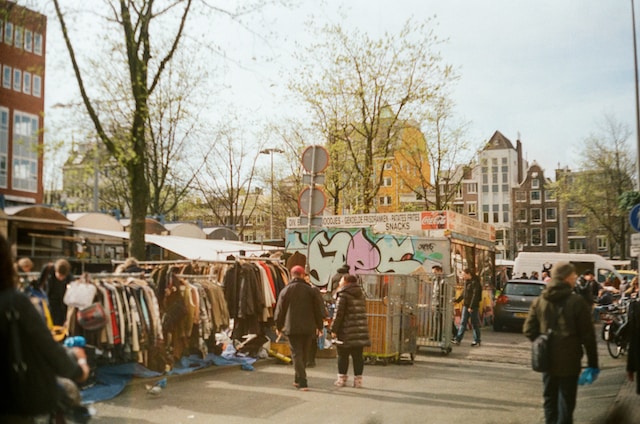Counterfeit and Replica Goods Laws in Lebanon
Counterfeit and replica goods are a significant issue worldwide, leading to billions of dollars in lost sales for legitimate businesses. Lebanon is not immune to this problem, with counterfeit goods representing a substantial portion of the market. This article explores the laws and regulations related to counterfeit and replica goods in Lebanon, including the penalties and enforcement measures in place, and the extent of the problem in the country.
Is it Legal to Sell Replica Products in Lebanon?
In Lebanon, the sale of counterfeit and replica goods is considered illegal. This includes products that are designed to imitate or closely resemble those of popular brands like Rolex and Gucci. Under the country’s intellectual property laws, the sale of counterfeit goods can result in both civil and criminal penalties.
What are the Penalties and Enforcement Measures for Counterfeit Goods in Lebanon?
Lebanon has a series of penalties and enforcement measures in place for the sale of counterfeit goods. These can include:
- Fines ranging from a few hundred to several thousand dollars
- Prison sentences of up to three years
- Seizure and destruction of counterfeit goods
- Compensation to the legitimate owner of the trademark
However, enforcement of these measures can sometimes be inconsistent, due to factors such as corruption and limited resources.
What are the Current Regulations on Counterfeit Goods in Lebanon?
The main legislation governing counterfeit goods in Lebanon is the Intellectual Property Law, which provides for the protection of trademarks, patents, and copyright. This law makes it illegal to manufacture, distribute, or sell counterfeit goods.
In addition, Lebanon is a signatory to several international treaties and conventions related to intellectual property rights, including the Paris Convention for the Protection of Industrial Property and the Berne Convention for the Protection of Literary and Artistic Works.
How Prevalent is the Replica Watch Market in Lebanon?
The replica watch market in Lebanon, particularly for high-end brands like Rolex, is quite prevalent. These fake watches are often sold in markets and online, often at a fraction of the price of the original. However, the quality of these replicas can vary significantly, and buyers often have little recourse if they purchase a poor-quality counterfeit watch.
Are there Specific Markets or Locations Known for Selling Counterfeit Goods in Lebanon?
There are several markets and locations in Lebanon that are known for selling counterfeit goods. These include:
- The Bourj Hammoud area in Beirut, known for its many small shops selling counterfeit clothing and accessories
- The Sunday Market in Beirut, where counterfeit goods of all types can be found
- Various online platforms, where counterfeit goods can be bought and sold with relative anonymity
What are the Government Laws and Links Related to Counterfeit and Replica Goods in Lebanon?
The Lebanese government has several laws in place to combat the sale of counterfeit and replica goods. These include:
- The Intellectual Property Law, which protects trademarks, patents, and copyright
- The Consumer Protection Law, which provides for penalties for selling counterfeit goods
For more information on these laws, you can visit the Ministry of Economy and Trade’s website.
In conclusion, while Lebanon has laws and penalties in place to combat the sale of counterfeit and replica goods, enforcement can be inconsistent and the problem remains widespread. However, efforts are being made to improve enforcement and raise public awareness about the issue.
While it's clear that all the legal repercussions are on the seller, the buyer should make sure to find a trusted dealer, since there is a lot of scam in the replica industry. If you are in the market for Replica Rolex watches, make sure you choose a trusted and reputable vendor.
